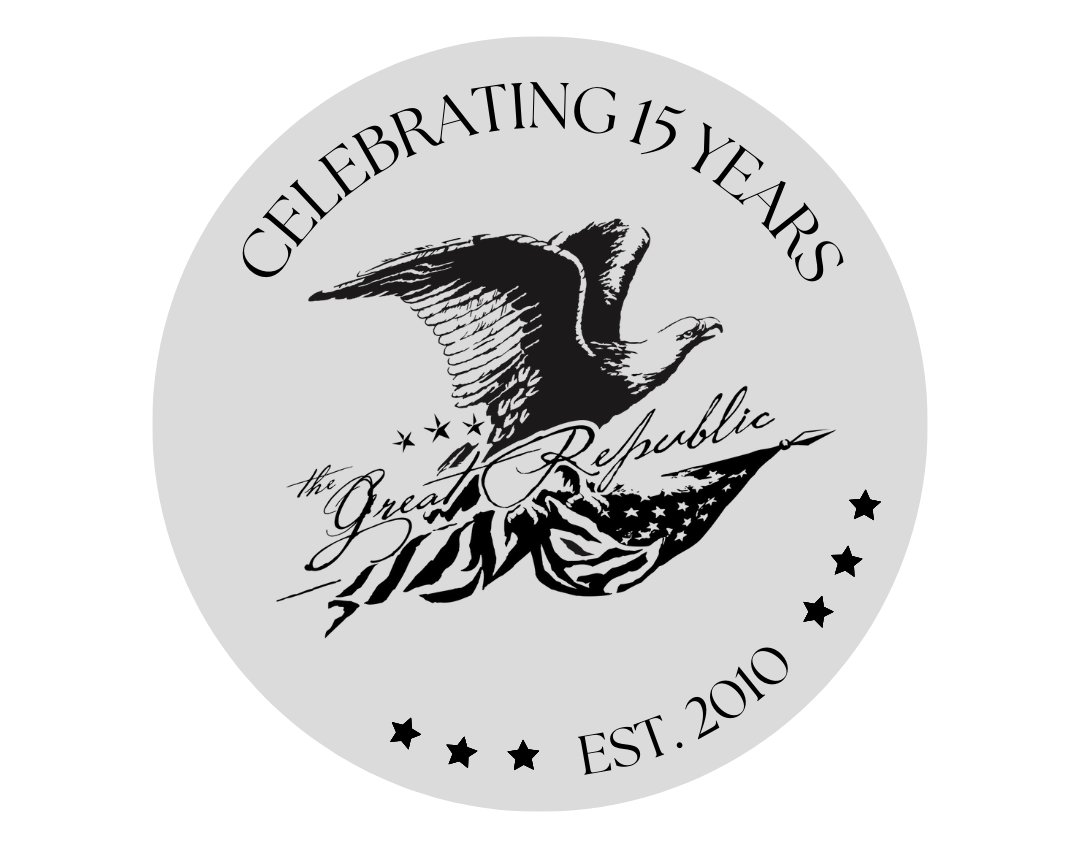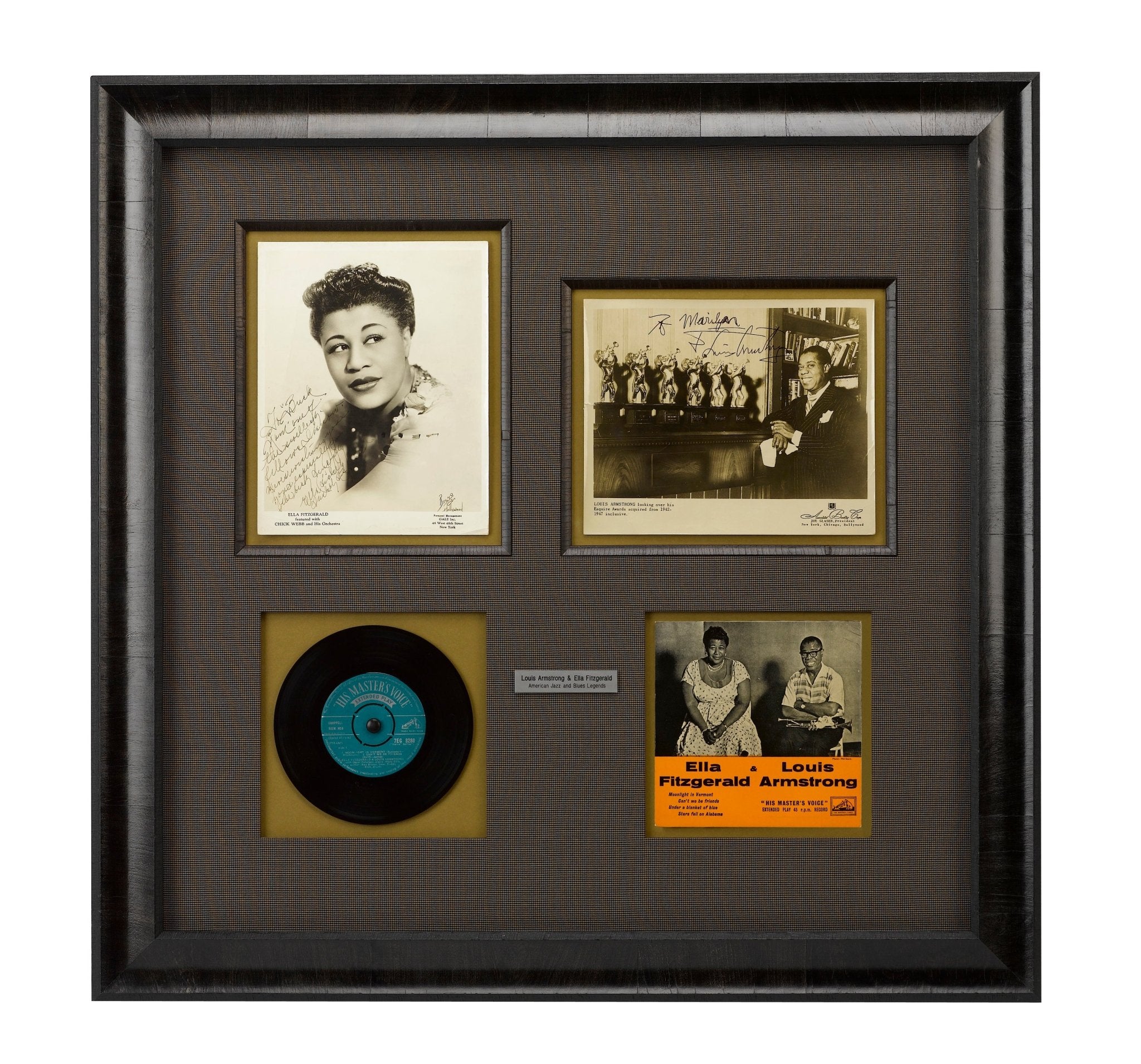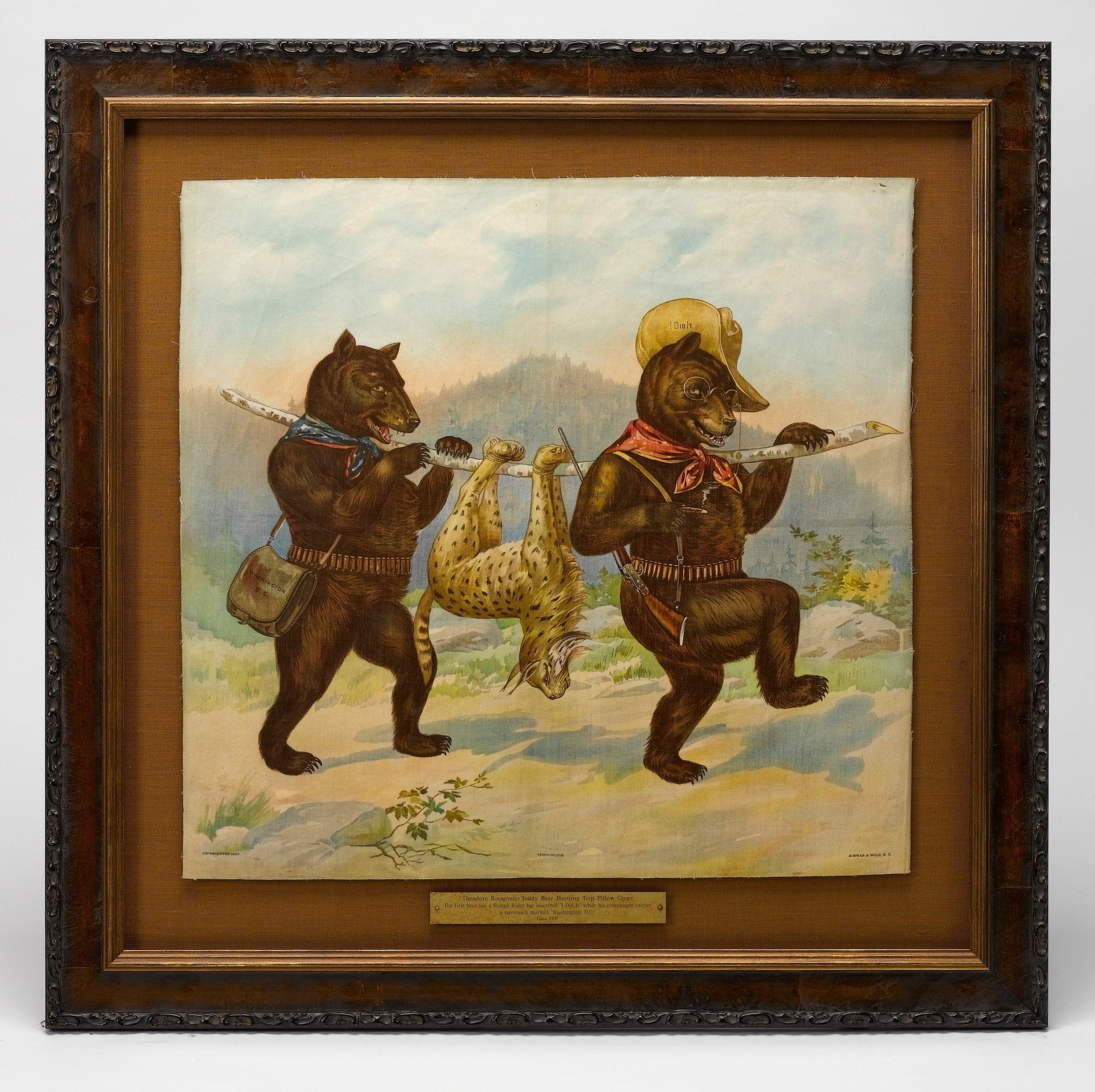A Famous First Hand Account of the Life of Washington
The Life of George Washington by Marshall
In honor of Presidents’ Day coming up, which was first established to celebrate America’s first president George Washington, we are delving deeper into one of the most complete and interesting biographies of George Washington’s life: The Life of George Washington by John Marshall. Read more on today’s blog!
George Washington (1739-1799) was a remarkable individual that served his country in every way that he knew how. Washington served as commander in chief of the Continental Army during the American Revolutionary War (1775-83) and later served two terms as the first U.S. president (1789-1797).
After his victory in the Revolutionary War, and with the help he offered in setting up the Constitutional Convention, Washington’s peers saw him as their next option for success in an American presidency. However, Washington was reluctant to take on the responsibility, as he was growing older and more fond of the idea of retirement. Even still, Washington was overtaken by his conscience and ultimately accepted the position, stating so in a formal letter: “Having concluded to obey the important and flattering call of my Country.”
George Washington has been immortalized in print by countless authors. Perhaps one of the most recognizable individuals in the world, his history has been written time and time again. However, one of the oldest biographies of Washington’s life is still one of the most accurate and detailed: The Life of George Washington by John Marshall.
John Marshall
John Marshall (1755-1835) was an American politician and lawyer who became the United States’ fourth Chief Justice. Marshall stood as the longest-serving Chief Justice in the Supreme Court and is easily recognized in history texts as one of the most influential justices to serve. Marshall also served as the United States Secretary of State under President John Adams. Marshall served in the Revolutionary War in the Continental Army under George Washington. His time spent in the Continental Army allowed him the opportunity to serve directly alongside Washington.
Marshall became Chief Justice in 1801, which was two years after Washington had passed away. After he was appointed, Washington’s nephew Bushrod approached Marshall with the request for him to write a biography. In Bushrod’s eyes, and in the opinion of the family, Marshall was best suited for the task given his relationship to Washington. As a personal friend of Washington’s, Marshall has announced his death, offered the eulogy, and commissioned the plan for the monument in the capital. His close friendship with Washington ensured that the biography would be detailed and respectful of all that the first president had accomplished.
“The Constitution is colorblind, and neither knows nor tolerates classes among citizens.”
―
Detailing Washington's Life
Marshall’s description of the life, character, and achievements of George Washington is unparalleled. As a peer to Washington, Marshall’s biography is one of the most detailed and intimate. When Marshall agreed to write a full biography, Washington’s family provided him with countless records and papers to help document the late president’s life.
"Apart from freeing his slaves after Martha Washington's death, Washington's long and detailed will left his public and private papers to his favourite nephew, Associate Justice Bushrod Washington. Bushrod, in turn, convinced John Marshall to collaborate on writing the first definitive biography of Washington" (Harlow Giles Unger, John Marshall: The Chief Justice Who Saved The Nation, 2014). The Washington family sent over a total of five trunks worth of documents, personal papers, and public records in order to have them included in the biography. Bushrod assisted Marshall in compiling the details from such documents, so that his large accomplishments, such as his Revolutionary War victories and his election as president, as well as his personal and family moments such as his marriage to Martha, would be included.
In addition to these sources, Marshall brought a sense of intimacy to the work, as he incorporated a personal perspective in his writing. Marshall's work, though predominantly centered around Washington’s life and beliefs, also provides an account of the origins of the Constitution, which offers insights into the Chief Justice's own views concerning the Constitution.
The work does not only provide an account of George Washington's life events, but is also referenced as a first hand account of the founding of the United States. George Washington and his hand in history as a founding father is told through recounts of historic events, such as the crossing of the Delaware or the treason of Benedict Arnold. The work serves as a historical reference for pivotal events that influenced the shaping of the country.

An Excellent Example
The biography was first published circa 1804 and remained the definitive history of eighteenth-century America up until around the Civil War. We currently possess the second edition of Marshall’s work, which was published out of Philadelphia by C. P. Wayne between the years 1805-1807. The first volume of the set details Marshall's history of the colonial period, and was omitted from later American editions. Volumes two, three, and four of the full five volume set cover Washington's life through the Revolutionary War. The fifth book primarily details the history of his presidency, which caused much partisan rancor when published in 1807. The set is offered with a scarce and full atlas, with maps that are mostly concerned with Revolutionary War engagements.
If you want to learn more about the life of Washington, delve deeper with original Americana! Discover more.The work “is political history as well as biography… the only comprehensive account by a great statesman of the full founding of the United States— of the founding of an independent people as well as of its government… There is no other concentrated history of the essentials by such an authority on American institutions” (Robert K. Faulkner).






